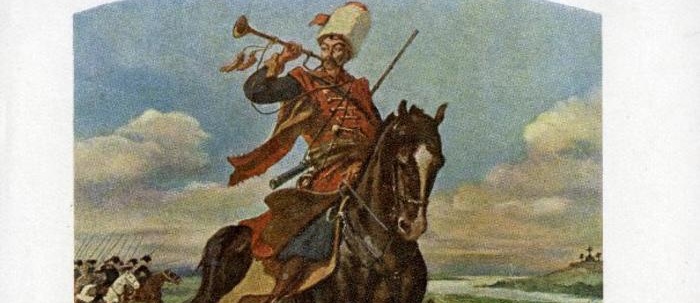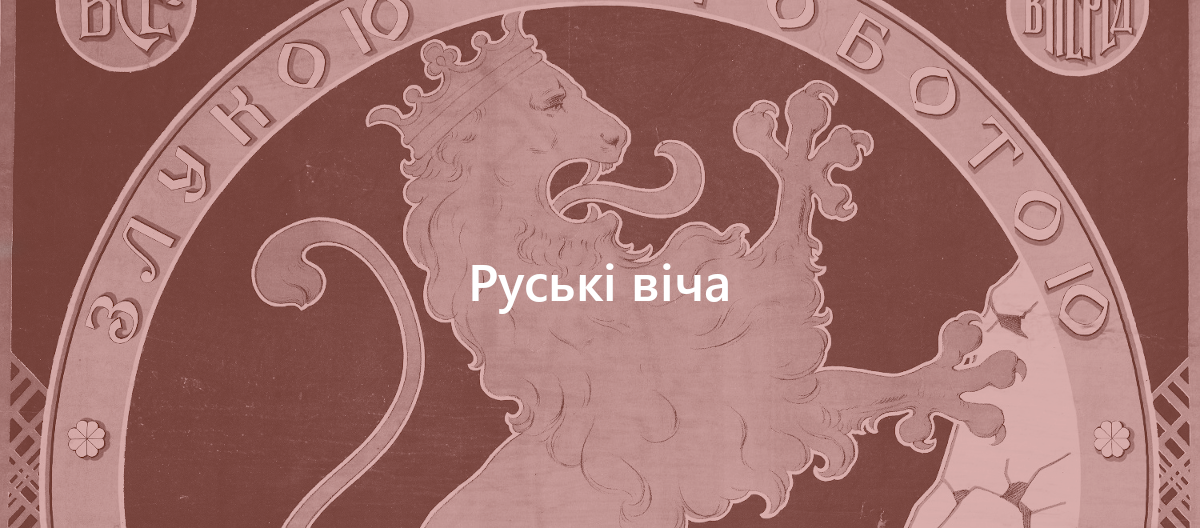

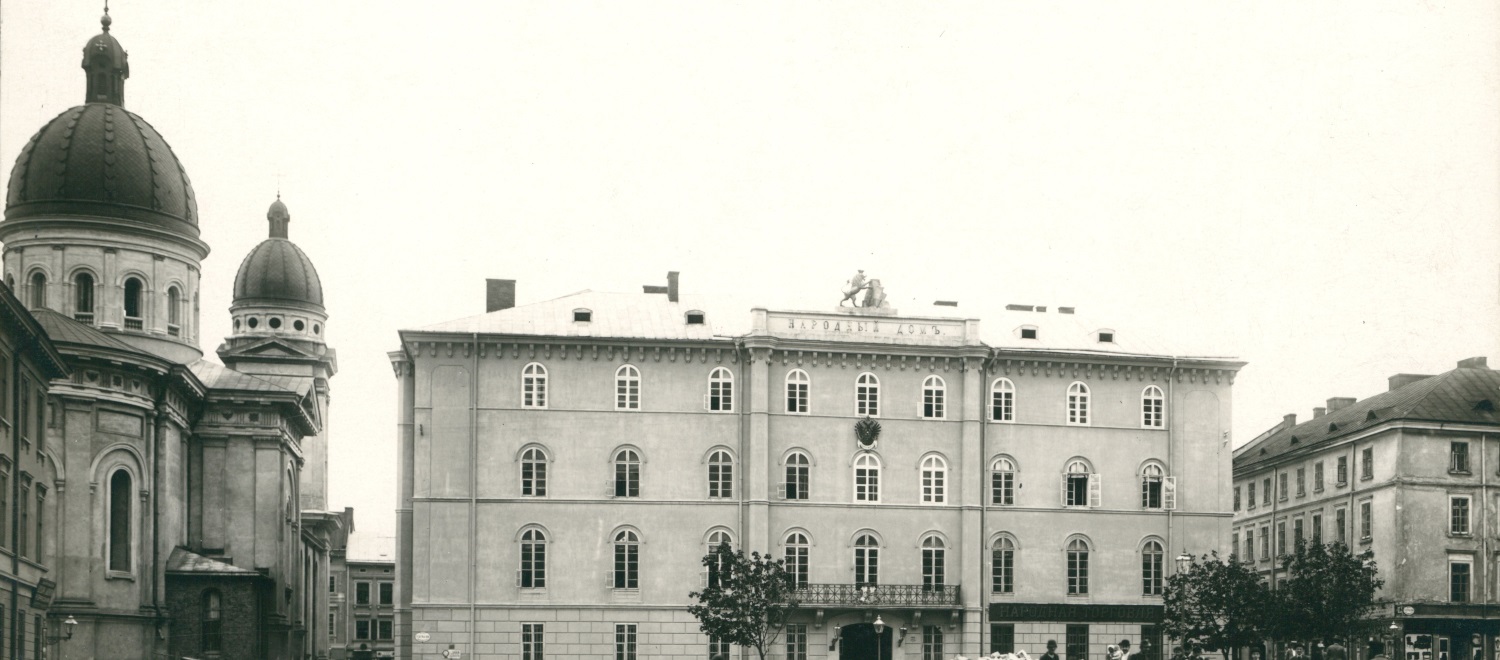
First National Ruthenian Viche (1880)
In 1880 an event took place that became the first step in the process of transforming Lviv into the "capital of the Ukrainian movement" in Galicia. The Ruthenians began their All-National Viche dedicated to the centenary of the reign of Emperor Joseph II on the same day that the Poles celebrated the 50th anniversary of the November Uprising.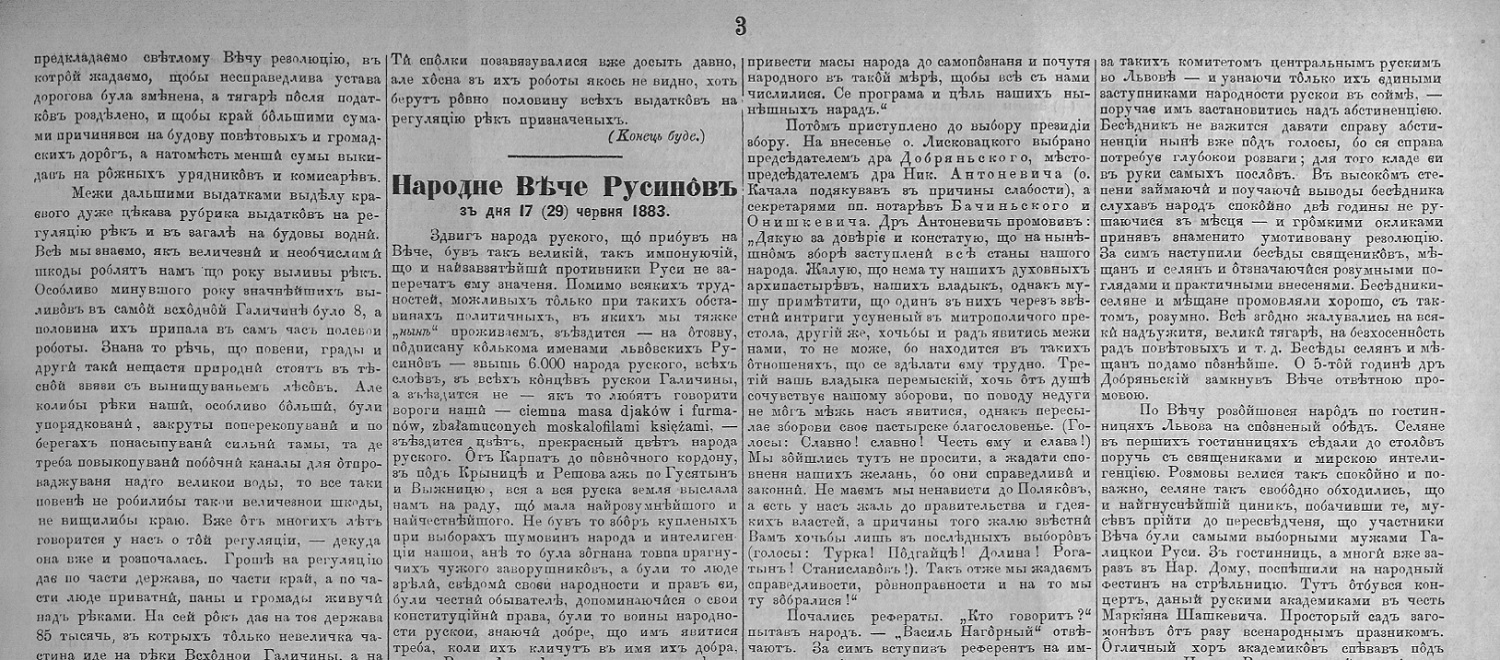
Second National Ruthenian Viche (1883)
The main task set by the organizers was to demonstrate mass popular support for Ruthenian politicians despite their recent defeat in the elections. The essence of the 1883 assembly was to demonstrate the power of the Ruthenian political movement.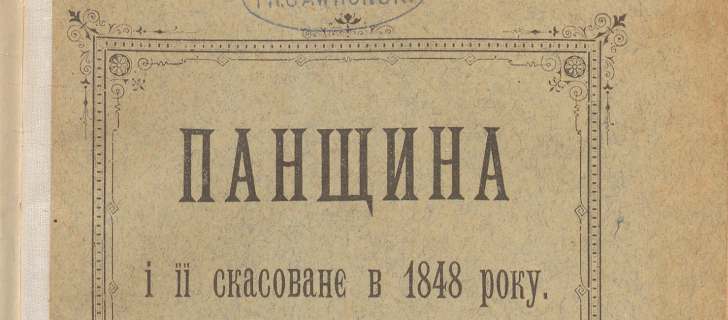
Commemoration of the 50th anniversary of the abolition of corvee labour held in Lviv (1898)
The anniversary of the "liberation of the peasantry", which was marked by a celebration in the capital of the crown province, was a confirmation of the status of Lviv both as a place where public policy was made and as a symbolic city for which national projects competed. The large-scale character of the "Ruthenian action" was, as usual, to be provided by peasants from throughout the province.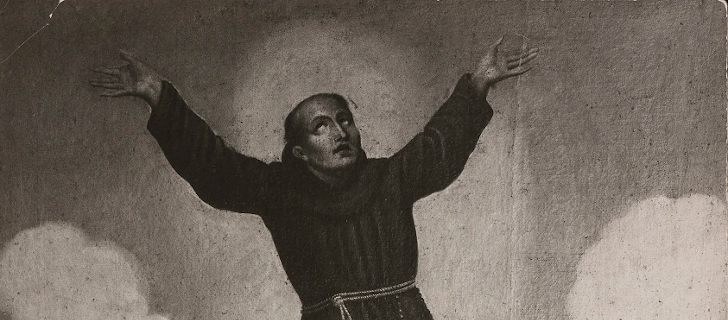
250th Anniversary of the Siege of Lviv by Bohdan Khmelnytsky’s Army (1655-1905)
Two almost simultaneous events dedicated to one episode in history, the siege of Lviv in 1655, which demonstrate the confrontation between Ukrainian and Polish society in Lviv at that time.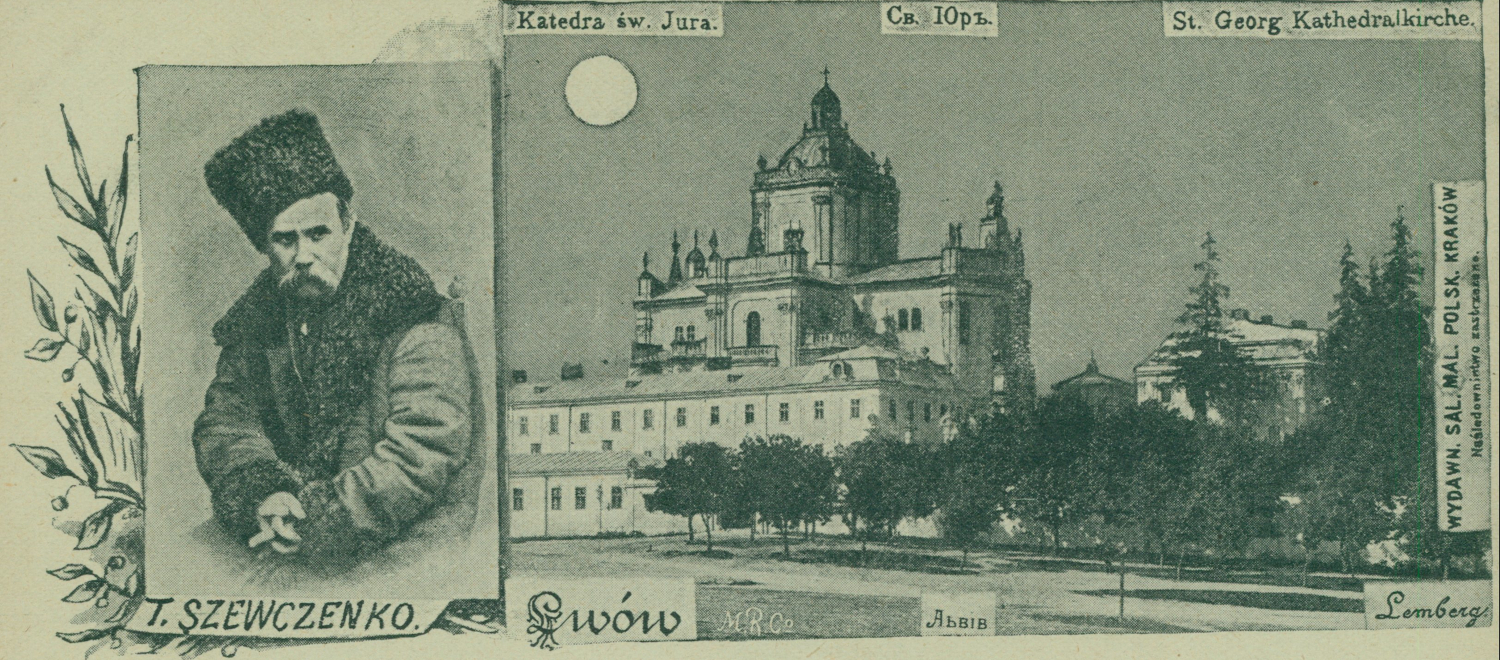
Honoring Ukrainian "poet-prophets"
As in the case of the Polish poet-prophets, the Ukrainians in the late 19th and early 20th centuries began to actively form their "national pantheon". And as with the Poles, there was a conflict in the Ukrainian environment between the secular intelligentsia and the Catholic Church.